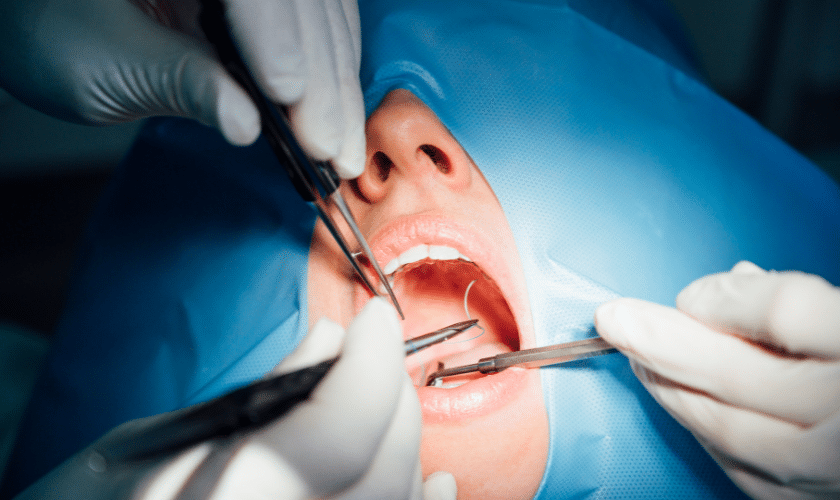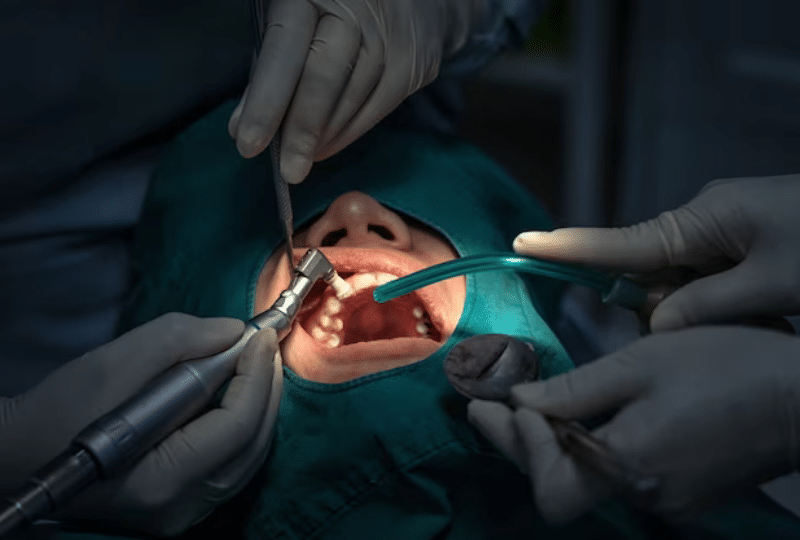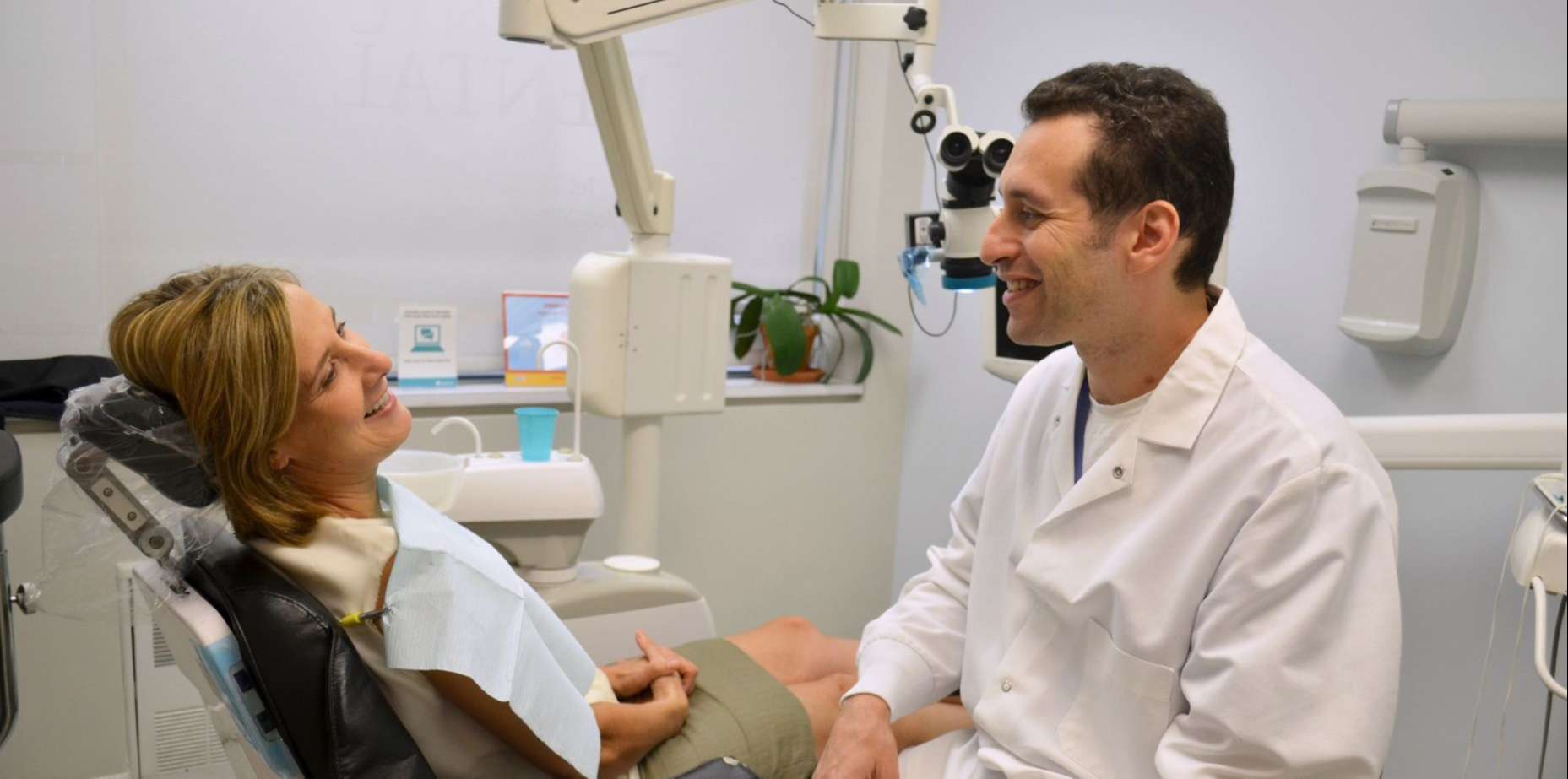
When you think of surgery, many people imagine a hospital setting with doctors in white coats and nurses bustling around. Oral surgery may evoke similar images, but one major difference is – Oral surgery is performed in the comfort of your dentist’s office. Oral surgery refers to any surgical procedure involving the mouth, jaw, or teeth. It can involve anything from tooth extractions to implants and more complex procedures such as bone grafting or treating facial injuries.
This article will look at what Oral Surgery entails, how it’s performed, what you should expect when preparing for it, and answer some frequently asked questions.
What is Oral Surgery?
Oral surgery is a specialized dentistry field involving surgical procedures for the mouth, teeth, and jaw. Oral surgery can range from simple tooth extractions to more complex operations such as bone grafting or treating facial injuries. Oral surgeons are trained in dental and medical fields to perform these procedures safely while ensuring patient comfort. Oral Surgeons must complete 4-5 years of postgraduate training in Oral and Maxillofacial Surgery after obtaining their Dental Degree.
How Is Oral Surgery Performed?
The type of Oral Surgery performed will depend on the procedure. Generally speaking, Oral Surgeries involve one or more of the following steps: anesthesia (local or general), incision, excision, suturing, and postoperative care. Oral Surgeons are highly trained to perform Oral Surgery safely and ensure that the patient is comfortable throughout the procedure.
Preparing for Oral Surgery
When preparing for Oral Surgery, follow your Oral Surgeon’s instructions carefully. Depending on the type of Oral Surgery being performed, there may be certain steps you must take before the procedure, such as fasting or taking medications before the surgery. Your Oral Surgeon will provide detailed instructions specific to your situation and should answer any questions or concerns you may have about Oral Surgery.
It’s also important to plan for aftercare following Oral Surgery. Oral Surgeons typically provide a list of postoperative instructions and suggest certain medications or pain relievers help with recovery. After Oral Surgery, it’s essential to follow all aftercare instructions closely to ensure a speedy and successful recovery.
Conclusion
Oral Surgery is a specialized dentistry field involving the mouth, teeth, and jaw procedures. Oral Surgeons are highly trained in dental and medical fields to perform Oral Surgery safely while ensuring patient comfort. When preparing for Oral Surgery, follow your Oral Surgeon’s instructions closely and plan for aftercare following Oral Surgery. With the help of an experienced Oral Surgeon, Oral Surgery can be successful with minimal discomfort and a speedy recovery.
A: Oral Surgery is a specialized field of dentistry that involves surgical procedures dealing with the mouth, teeth, and jaw, such as tooth extractions, bone grafting, and treating facial injuries. Oral surgeons are trained in dental and medical fields to perform these procedures safely while ensuring patient comfort.
A: When preparing for Oral Surgery, follow your Oral Surgeon’s instructions carefully. Depending on the type of Oral Surgery being performed, there may be specific steps you must take before the procedure, such as fasting or taking medications before the surgery. Your Oral Surgeon will provide detailed instructions specific to your situation and should answer any questions or concerns you may have about Oral Surgery.
A: Generally speaking, Oral Surgeries involve one or more of the following steps: anesthesia (local or general), incision, excision, suturing, and postoperative care. Oral surgeons are highly trained to perform Oral Surgery safely and ensure that the patient is comfortable throughout the procedure.



